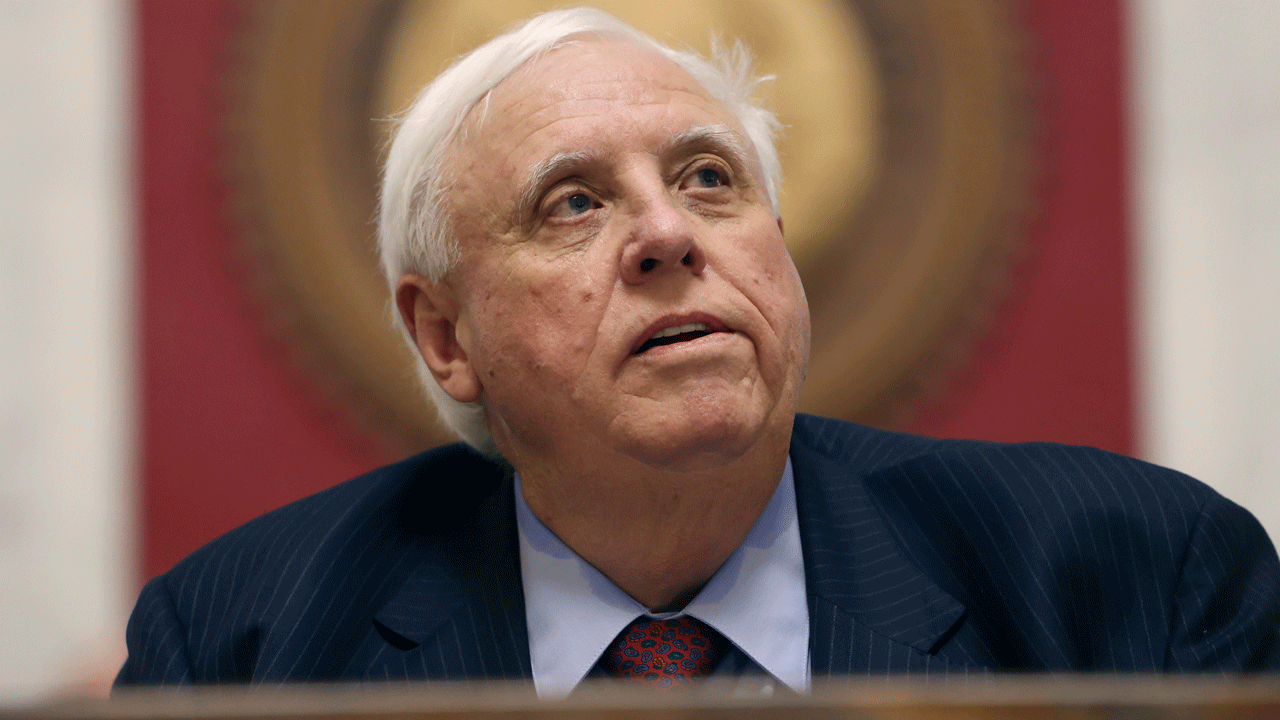CHARLESTON, West Virginia (AP) — A bill was signed into law on Friday in West Virginia aimed at fostering open discourse in science classrooms, a move praised by advocates for promoting the free exchange of ideas while drawing criticism from opponents concerned about the potential introduction of religious teachings in public schools.
The newly enacted legislation enables public school teachers to address student inquiries “regarding scientific theories on the origins of the universe and/or life.”
The initiative stemmed from a proposal by Republican Senate Education Chair Amy Grady, who also serves as a public school educator. Grady highlighted that some teachers expressed discomfort in responding to questions about theories beyond evolution due to uncertainty about the permissibility of such discussions.
During discussions on the bill in January, Grady emphasized that its purpose is to provide clarity on how teachers can navigate these scenarios.
“This legislation indicates that if a student raises questions about a theory they have encountered or learned about—whether or not it is widely accepted, but a theory nonetheless—you are allowed to engage in a conversation about it,” she explained.
Grady underscored that the bill aims to “foster critical thinking among our students, encourage questioning, and empower teachers to address these inquiries.”
The legislation, however, lacks specificity in defining the scope of protected teachings, particularly concerning the term “scientific theory.”
In a previous legislative session, Grady had introduced a bill advocating for the instruction of intelligent design in public schools. While the initial version of this year’s bill mirrored similar language, revisions made early in the legislative process omitted direct references to intelligent design before being presented to lawmakers.
Following the amendments, two high school students voiced their support for the bill before Grady’s committee, expressing a desire for educators to have the option of discussing intelligent design alongside evolutionary theory—not as a compulsory component or substitute.
The inclusion of intelligent design in public school curricula has been a contentious issue for years.
Advocates of intelligent design argue that the complexity of various life forms and the universe precludes natural selection as the sole explanation, positing instead an intelligent designer as the source. While this designer may remain unspecified, proponents assert that intelligent design qualifies as a scientific theory.
Conversely, critics contend that intelligent design essentially repackages creationism. A federal court ruling in Pennsylvania in 2005 prohibited a public school from mandating the teaching of intelligent design, deeming it non-scientific and inherently linked to religious creationist beliefs.
Hayden Hodge and Hunter Bernard, both 16-year-old juniors at Hurricane High School, emphasized that their advocacy for intelligent design is not rooted in religious doctrine and does not invoke specific religious narratives.
“I am not advocating for Creationism, or Adam and Eve, or the Muslim and Jewish narrative. This is not a biblical narrative,” Hodge clarified, advocating for the presentation of multiple theories to students to encourage critical thinking.
The National Center for Science Education expressed concerns that the law poses a threat to the integrity of science education in West Virginia’s public schools.
Aubrey Sparks, legal director of the American Civil Liberties Union of West Virginia, underscored the importance of monitoring the law’s implementation to address potential ambiguities that could impact teachers, students, and parents.
The Center for Science and Culture, based in Seattle and a prominent advocate for intelligent design, opposes the integration of this concept into public school curricula. Instead, the organization advocates for policies safeguarding teachers’ academic freedom to explore the strengths and weaknesses of evolution without delving into alternative theories like intelligent design.
Casey Luskin, Associate Director at the Center, emphasized that the primary objective concerning intelligent design is its advancement as a scientific discipline, cautioning against its politicization in public schools to prevent discrimination against proponents within academic circles.
While advocating for academic freedom in teaching, Luskin highlighted its legal standing and positive impact on student learning outcomes.
